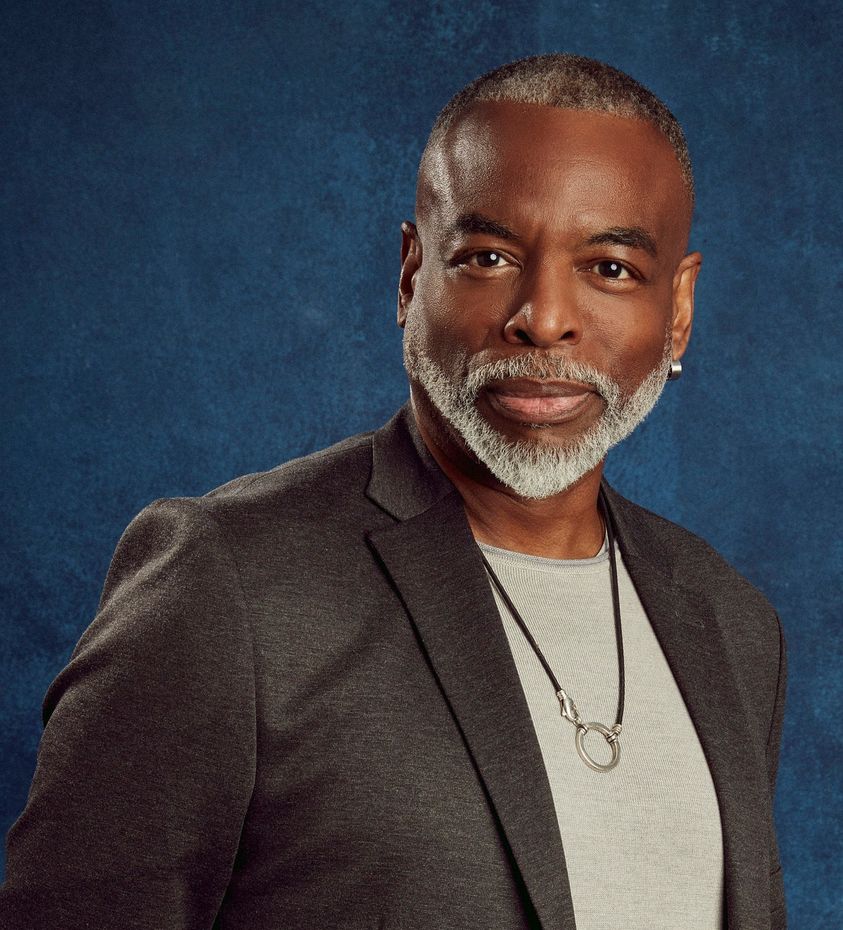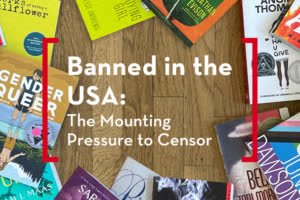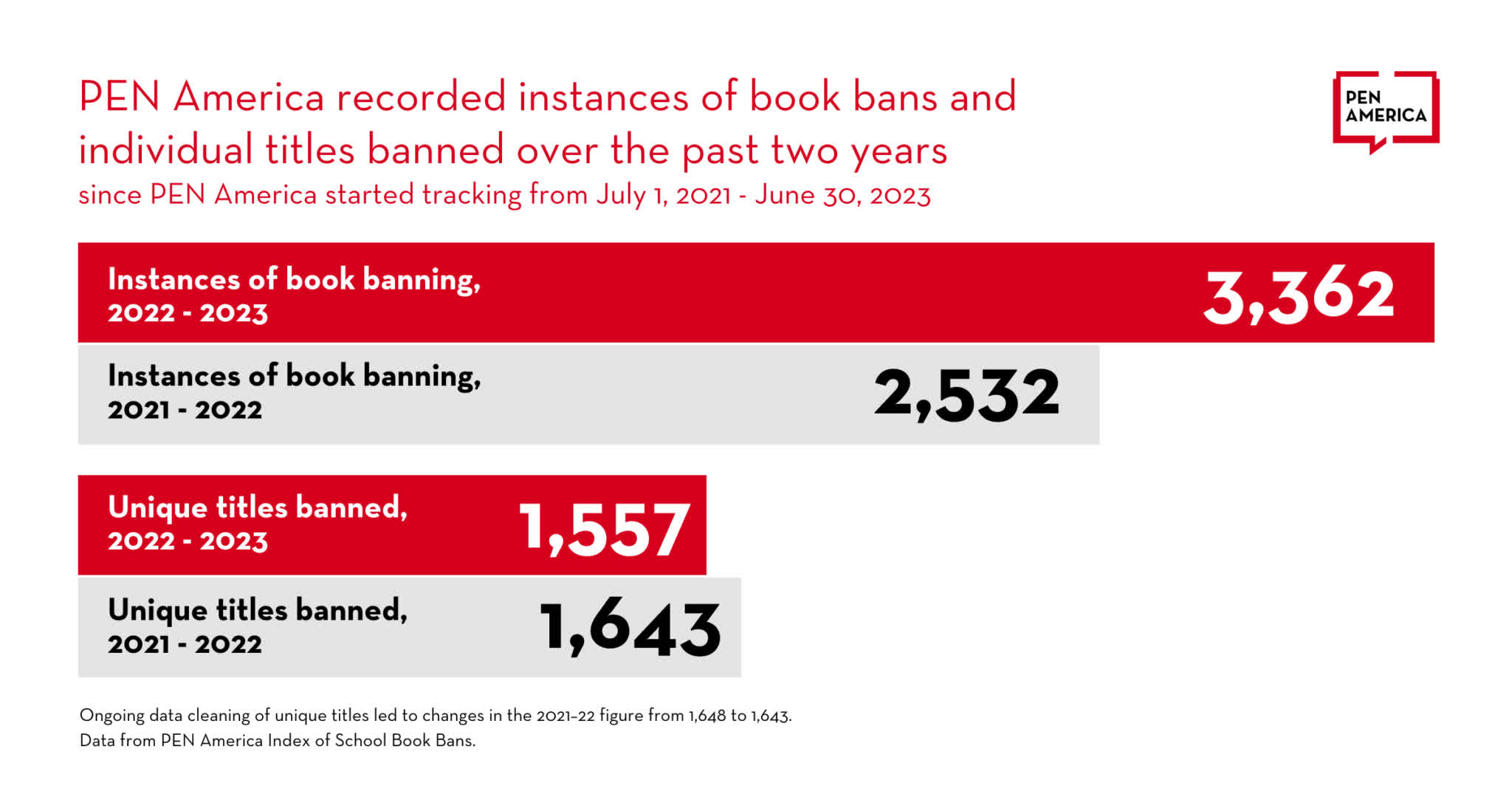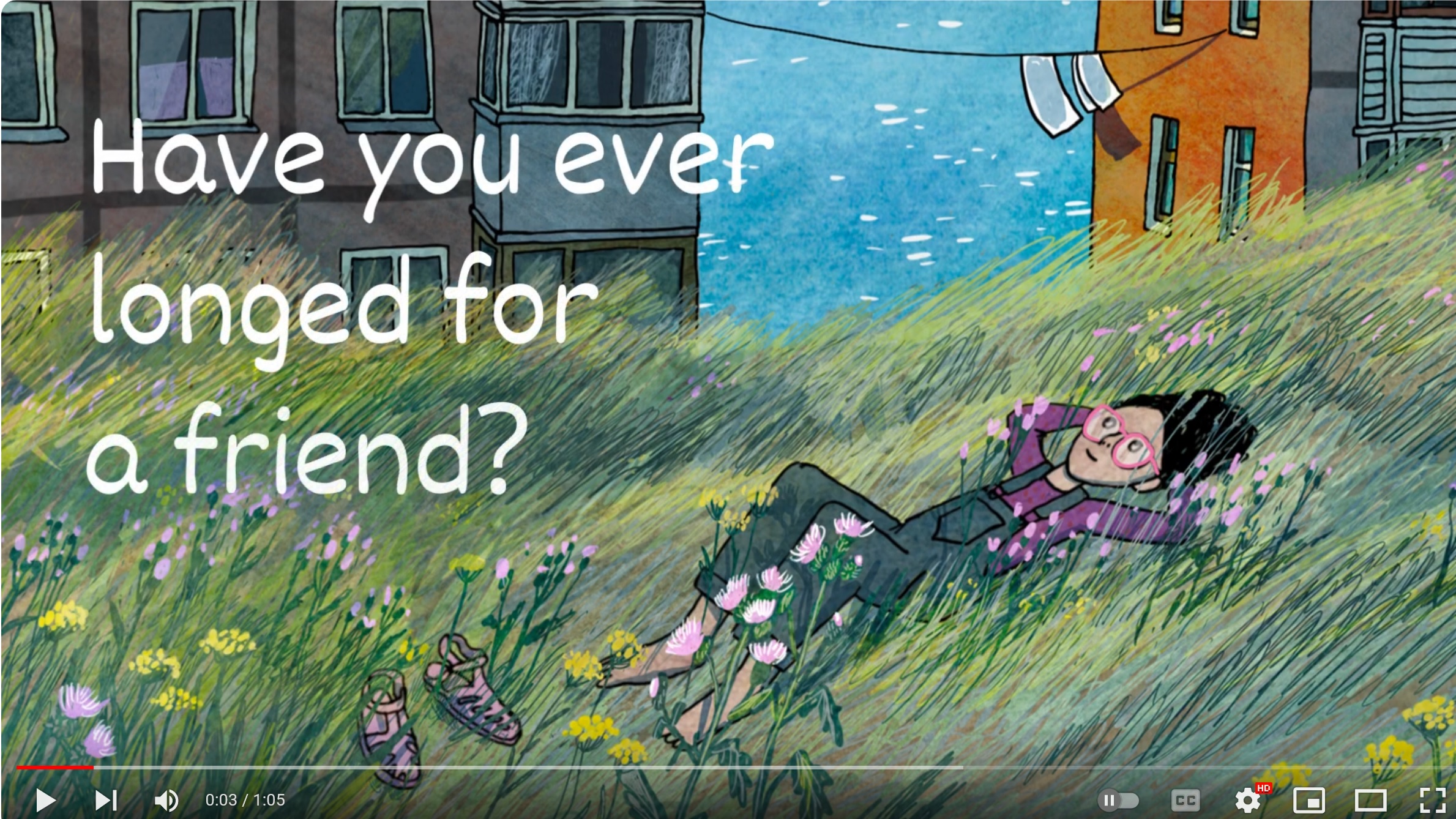 With ever more resonance because of the wave of book bannings in much of the country, Banned Books Week begins this coming Sunday, October 1, and runs until Saturday, October 7. With the theme this year "Let Freedom Read," the event unites librarians, booksellers, educators, authors, publishers, and readers. Banned Books Week is sponsored by the Banned Books Coalition, which includes PEN America, the American Library Association, the National Coalition Against Censorship, American Booksellers for Free Expression, the Comic Book Legal Defense Fund, the Association of American Publishers, and others. Banned Books Week began in 1982.
With ever more resonance because of the wave of book bannings in much of the country, Banned Books Week begins this coming Sunday, October 1, and runs until Saturday, October 7. With the theme this year "Let Freedom Read," the event unites librarians, booksellers, educators, authors, publishers, and readers. Banned Books Week is sponsored by the Banned Books Coalition, which includes PEN America, the American Library Association, the National Coalition Against Censorship, American Booksellers for Free Expression, the Comic Book Legal Defense Fund, the Association of American Publishers, and others. Banned Books Week began in 1982.
The honorary chair is LeVar Burton, the first actor to hold this position. A lifelong literacy advocate, Burton was the host of the PBS children's series Reading Rainbow; hosts the LeVar Burton Reads podcast; and was executive producer of The Right to Read, a documentary that frames the literary crisis in the U.S. a civil rights issue. He is also the author of Aftermath, The Rhino Who Swallowed a Storm, and A Kids Book About Imagination.
 |
| LeVar Burton |
Burton commented: "Books bring us together. They teach us about the world and each other. The ability to read and access books is a fundamental right and a necessity for life-long success. But books are under attack. They're being removed from libraries and schools. Shelves have been emptied because of a small number of people and their misguided efforts toward censorship. Public advocacy campaigns like Banned Books Week are essential to helping people understand the scope of book censorship and what they can do to fight it. I'm honored to lead Banned Books Week 2023."
On Wednesday, October 4, Burton will be in a live-streamed conversation with Da'Taeveyon Daniels, the youth honorary chair for Banned Books Week, about censorship and advocacy.
Another feature of the week is Let Freedom Read Day, Saturday, October 7, "a day of action against censorship." Opponents of book bannings are encouraged "to do at least one thing to defend the right to read and to speak on behalf of those who ensure access to information." That can include writing letters to or calling decision-makers such school and library administrators or elected representatives to buying in bookstores or checking out of libraries banned books to supporting free speech organizations on social media to attending school board, library board, and city council meetings.
---
 If anyone doubts the strength of the movement to ban and limit access to books, several recent reports show otherwise.
If anyone doubts the strength of the movement to ban and limit access to books, several recent reports show otherwise.
A PEN America report issued late last week called "Banned in the USA: The Mounting Pressure to Censor" found that the number of public school bans in the country increased by 33% in the 2022-23 school year compared to the previous school year. Altogether there were 3,362 book bans involving 1,557 unique titles during the 2022-23 school year, affecting the work of 1,480 authors, illustrators, and translators.
Among other findings:
Nearly half of all book bans (48%) during the 2022-23 school year deal with depictions of violence or physical abuse, including books that include sexual assault; 30% include characters of color and themes of race and racism; 30% represent LGBTQ+ identities; and 6% include a transgender character. More than 75% of the books banned are young adult books, middle grade books, chapter books, or picture books.
PEN America recorded 1,406 book ban cases in Florida, followed by 625 bans in Texas, 333 in Missouri, 281 in Utah, and 186 in Pennsylvania. Laws and tactics for banning books that emerged first in Florida are being replicated elsewhere. Some 63% of all book bans occurred in eight states with legislation that has either directly facilitated book bans or created the conditions for local groups to pressure and intimidate educators and librarians into removing books. These efforts have created dilemmas for school districts, forcing them either to restrict access to books or risk penalties for educators and librarians.
 In the 153 school districts across the country that banned a book during the 2022-23 school year, 124 (81%) have a chapter or local affiliate nearby of one or more of the three most prominent national groups pushing for book bans--Moms for Liberty, Citizens Defending Freedom, and Parents' Rights in Education. These districts are where 2,912 (87%) of book bans have occurred.
In the 153 school districts across the country that banned a book during the 2022-23 school year, 124 (81%) have a chapter or local affiliate nearby of one or more of the three most prominent national groups pushing for book bans--Moms for Liberty, Citizens Defending Freedom, and Parents' Rights in Education. These districts are where 2,912 (87%) of book bans have occurred.
On a positive note, PEN America cited "the continued growth in student pushback against book bans across the country. Youth resistance to book bans in numerous school districts has included protests, speaking out at school board meetings, and the establishment of national organizations dedicated to defending access to literature in schools."
Commenting on the report, PEN America CEO Suzanne Nossel said, "The toll of the book banning movement is getting worse. More kids are losing access to books, more libraries are taking authors off the shelves, and opponents of free expression are pushing harder than ever to exert their power over students as a whole. Those who are bent on the suppression of stories and ideas are turning our schools into battlegrounds, compounding post-pandemic learning loss, driving teachers out of the classroom and denying the joy of reading to our kids. By depriving a rising generation of the freedom to read, these bans are eating away at the foundations of our democracy."
 And new preliminary data from the American Library Association's Office for Intellectual Freedom focuses on "the continued rise in attempts to censor books and materials in public, school and academic libraries during the first eight months in 2023." Among findings from the ALA:
And new preliminary data from the American Library Association's Office for Intellectual Freedom focuses on "the continued rise in attempts to censor books and materials in public, school and academic libraries during the first eight months in 2023." Among findings from the ALA:
During the period there were "695 attempts to censor library materials and services and documented challenges to 1,915 unique titles. The number of unique titles challenged has increased by 20% from the same reporting period in 2022, the year in which the highest number of book challenges occurred since ALA began compiling this data more than 20 years ago. Most of the challenges were to books written by or about a person of color or a member of the LGBTQIA+ community."
Challenges to books in public libraries accounted for 49% of the cases, compared to 16% during the same reporting period in 2022.
Some 90% of the overall number of books challenged were part of an attempt to censor multiple titles. By contrast, in the past, most challenges to library resources sought to remove or restrict only a single book. "The largest contributor to the rise in both the number of censorship attempts and the increase in titles challenged continues to be a single challenge by a person or group demanding the removal or restriction of multiple titles."
Deborah Caldwell-Stone, director of ALA's Office for Intellectual Freedom, commented in part: "Expanding beyond their well-organized attempts to sanitize school libraries, groups with a political agenda have turned their crusade to public libraries, the very embodiment of the First Amendment in our society. This places politics over the well-being and education of young people and everyone’s right to access and use the public library."






IPC.0204.S3.INDIEPRESSMONTHCONTEST.gif)







 With ever more resonance because of the wave of book bannings in much of the country,
With ever more resonance because of the wave of book bannings in much of the country, 
 If anyone doubts the strength of the movement to ban and limit access to books, several recent reports show otherwise.
If anyone doubts the strength of the movement to ban and limit access to books, several recent reports show otherwise. In the 153 school districts across the country that banned a book during the 2022-23 school year, 124 (81%) have a chapter or local affiliate nearby of one or more of the three most prominent national groups pushing for book bans--Moms for Liberty, Citizens Defending Freedom, and Parents' Rights in Education. These districts are where 2,912 (87%) of book bans have occurred.
In the 153 school districts across the country that banned a book during the 2022-23 school year, 124 (81%) have a chapter or local affiliate nearby of one or more of the three most prominent national groups pushing for book bans--Moms for Liberty, Citizens Defending Freedom, and Parents' Rights in Education. These districts are where 2,912 (87%) of book bans have occurred. And new preliminary data from the American Library Association's Office for Intellectual Freedom focuses on "
And new preliminary data from the American Library Association's Office for Intellectual Freedom focuses on "IPC.0211.T4.INDIEPRESSMONTH.gif)
 Actor and author Michael Imperioli made a surprise visit to
Actor and author Michael Imperioli made a surprise visit to 
 "
" On the Edge of the World
On the Edge of the World Search History, Amy Taylor's first novel, focuses on Ana, a woman in her late 20s who is navigating the dating world, both online and in real life, following a significant breakup. Ana's ups and downs center mainly on the new relationship she begins with Evan, a man with a past. But a variety of experiences in her own and other women characters' romantic lives are more alarming than encouraging when it comes to the modern dating landscape.
Search History, Amy Taylor's first novel, focuses on Ana, a woman in her late 20s who is navigating the dating world, both online and in real life, following a significant breakup. Ana's ups and downs center mainly on the new relationship she begins with Evan, a man with a past. But a variety of experiences in her own and other women characters' romantic lives are more alarming than encouraging when it comes to the modern dating landscape.